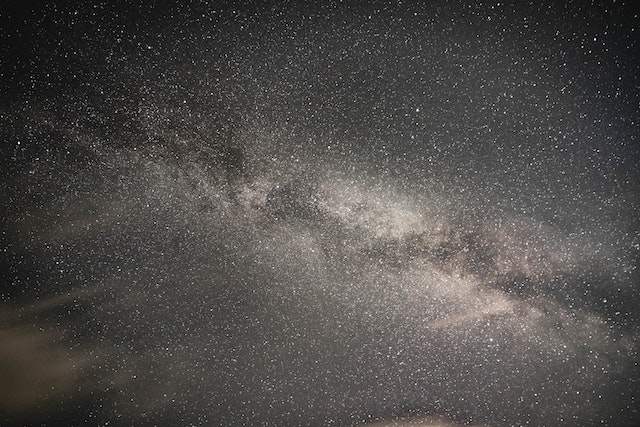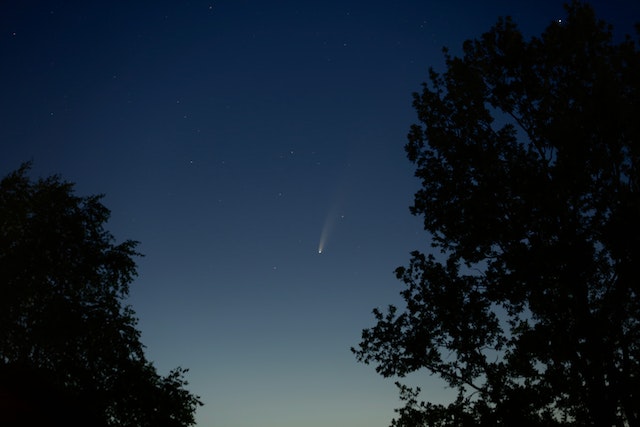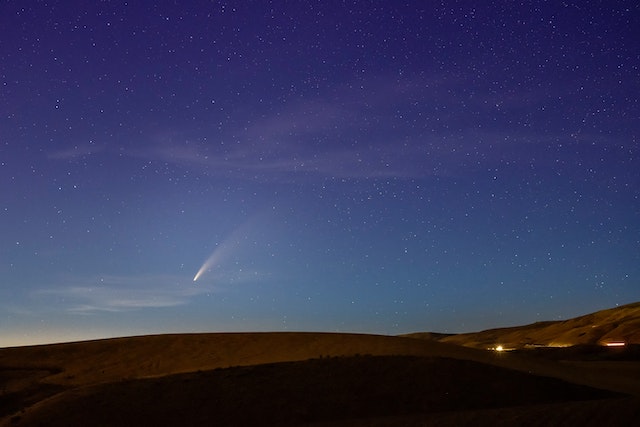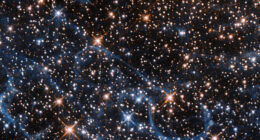Stardust is tiny particles of cosmic material, while a meteorite is a larger fragment of a meteoroid that survives its journey through Earth’s atmosphere.
TL;DR Stardust Vs. Meteorites
Stardust and meteorites may both originate from outer space, but they are distinct in their composition and formation. Stardust refers to the microscopic particles that are scattered throughout the universe, created through nuclear reactions within stars. These tiny specks of matter contain elements like carbon, oxygen, and nitrogen which eventually make their way to our planet.
Meteorites are solid objects that survive the journey through Earth’s atmosphere and land on its surface. They come from larger bodies such as asteroids or comets and can range in size from small pebbles to massive boulders. Meteorites provide valuable insights into the early solar system’s history and often contain rare minerals or even organic compounds.
What is Stardust?

Stardust refers to minuscule particles of cosmic matter that exist in space. These particles are composed of various elements and compounds, including dust, minerals, and organic molecules, often formed from the remnants of stars and stellar processes.
Stardust is distributed throughout the universe and can be found in interstellar space, planetary systems, and within comets and asteroids. Scientists study stardust to gain insights into the origins of celestial bodies, the composition of galaxies, and the building blocks of life.
NASA’s Stardust mission famously collected samples of comet dust, providing valuable data about the early solar system.
What are Meteorites?

Meteorites are solid fragments of celestial bodies, such as asteroids or parts of comets, that survive their journey through Earth’s atmosphere and impact the Earth’s surface.
They come in various types, including stony, metallic, and stony-iron meteorites. Meteorites provide valuable insights into the composition and history of our solar system, as they can be composed of materials dating back to its formation.
Scientists study meteorites to learn about the early solar system, the conditions on ancient celestial bodies, and the potential for organic molecules or even life beyond Earth. Many meteorites are preserved in museums and collections for scientific research.
Stardust Vs. Meteorites – Key differences
| Aspect | Stardust | Meteorites |
|---|---|---|
| Nature | Tiny cosmic particles in space. | Solid fragments from space. |
| Composition | Composed of dust, minerals, and organic molecules. | Can be stony, metallic, or stony-iron, with various mineral compositions. |
| Size | Extremely small, often microscopic. | Range in size from small pebbles to larger boulders. |
| Origin | Can originate from various cosmic processes, including remnants of stars and stellar dust. | Typically fragments of asteroids, comets, or celestial bodies. |
| Entry to Earth | Not directly observable; remains in space. | Enters Earth's atmosphere and impacts the surface. |
| Survivability | Remains in space; does not survive Earth's atmosphere. | Survives atmospheric entry and impacts Earth's surface. |
| Scientific Value | Provides insights into cosmic dust, interstellar matter, and star formation. | Offers insights into the composition, history, and formation of celestial bodies and the early solar system. |
| Collection | Often collected by spacecraft, like the Stardust mission. | Collected as fragments after impacting Earth. |
| Study | Analyzed for information about the universe's composition and history. | Studied to understand the solar system's origins and celestial body properties. |
Image Credits
Featured Image By – Frank Cone
Image 1 By – Lukas Hartmann
Image 2 By – Oksana Shchegolkova









